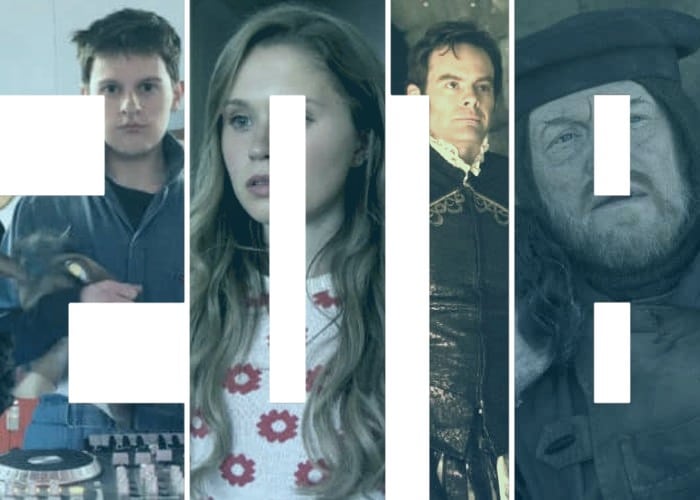
The Queen – Castle Rock
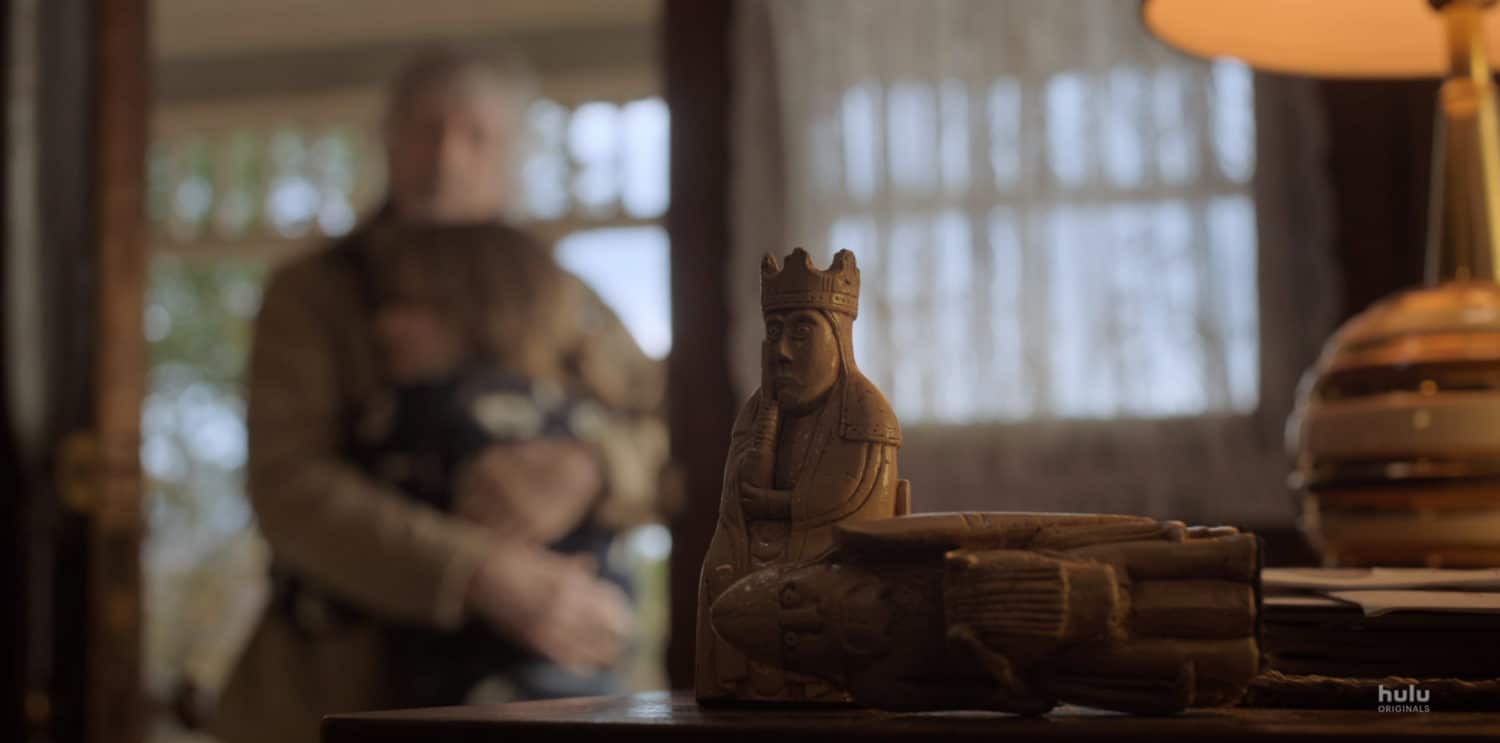
“Don’t leave.”
It’s impossible to talk about “The Queen” without bringing up BoJack Horseman’s “Time Arrow,” another episode told powerfully and strikingly from the perspective of a character with dementia. I like one a lot more than the other, but I’m not going to say which. “The Queen” is an astounding episode that seamlessly intersplices scenes from earlier in the season, giving stark context to what seemed, at the time, to be simple moments of Ruth’s wandering concentration. Sissy Spacek shines through the whole season, but in this episode, she is transcendent, a perfectly lucid mind adrift in a series of memories that can be triggered by the unlikeliest of things. In a horror series that trades so heavily in the spooky and supernatural, Ruth’s unwilling reliving of her very real life with her husband and her regret at not leaving him are far and away the most frightening. It’s gorgeously shot and heartbreaking from start to devastating finish, and the late-season implications of how time works in Castle Rock — with times existing concurrently and some characters existing completely outside of time — could be read as a clever entangling of themes or a clue to future revelations. (I’m happier with the former, but I’d be very interested to see the latter). I wasn’t totally sold on Castle Rock this year — just when I started to find things to love, the finale did away with all of them — but “The Queen” is an episode apart, perfectly constructed and mesmerizing to watch. It’s no “Time’s Arrow,” but it’s close.
The Dump – American Vandal
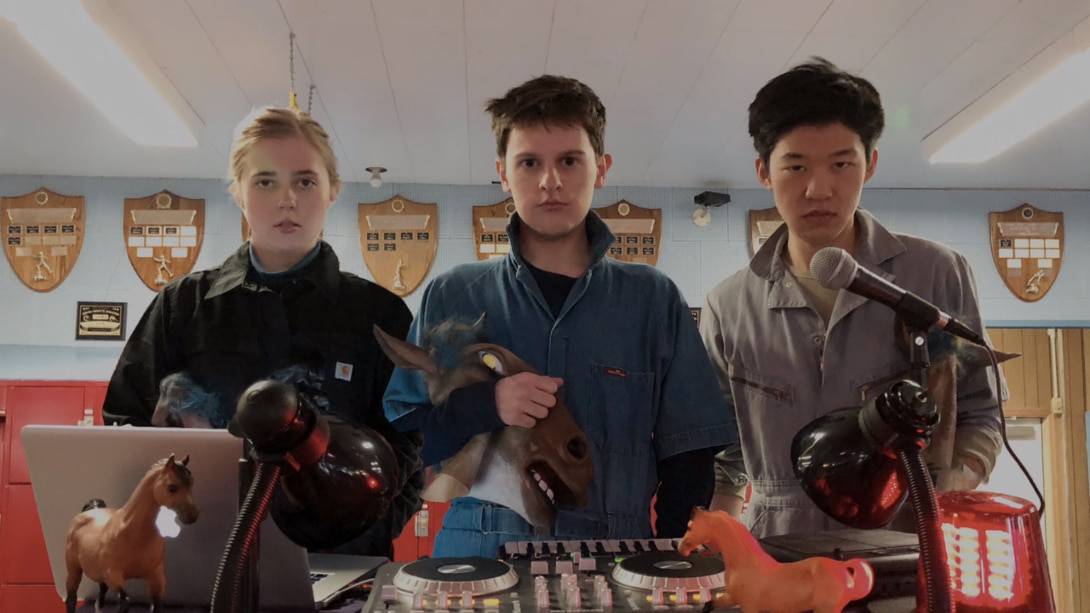
“We’re not the worst generation. We’re just the most exposed.”
The second season of American Vandal defied all my expectations and blew me away, delivering another stellar, mostly standalone season. The comedy was on point, the characters were fantastically real, and the mystery was surprisingly engaging and intriguing. It proved that American Vandal has a formula that works, and it can pull it off flawlessly. But the show’s finest episode is the one that abandons last year’s fatalistic mood. The finale’s answer to the show’s most burning question — the identity of the Turd Burglar — is almost inconsequential. What matters is how his victims persevere, overcoming manipulation and embarrassment and invasions of privacy, to look to a better tomorrow. The final minutes of “The Dump,” set to The Horsehead Collective’s signature song “Digital Refrigerator” give DeMarcus and Kevin the chance to speak for themselves and express their hopes for the future. The last word from Peter, the filmmaker, gives him the chance to speak for his generation and defy anyone who might see technology as the story’s real villain, or the young people who fall victim to it as deserving of what they get. It’s an eloquent and convincing defense of youth, and it leaves you feeling better than you have in a long time about the state of the world and the people who are inheriting it.
We Are Gone – The Terror
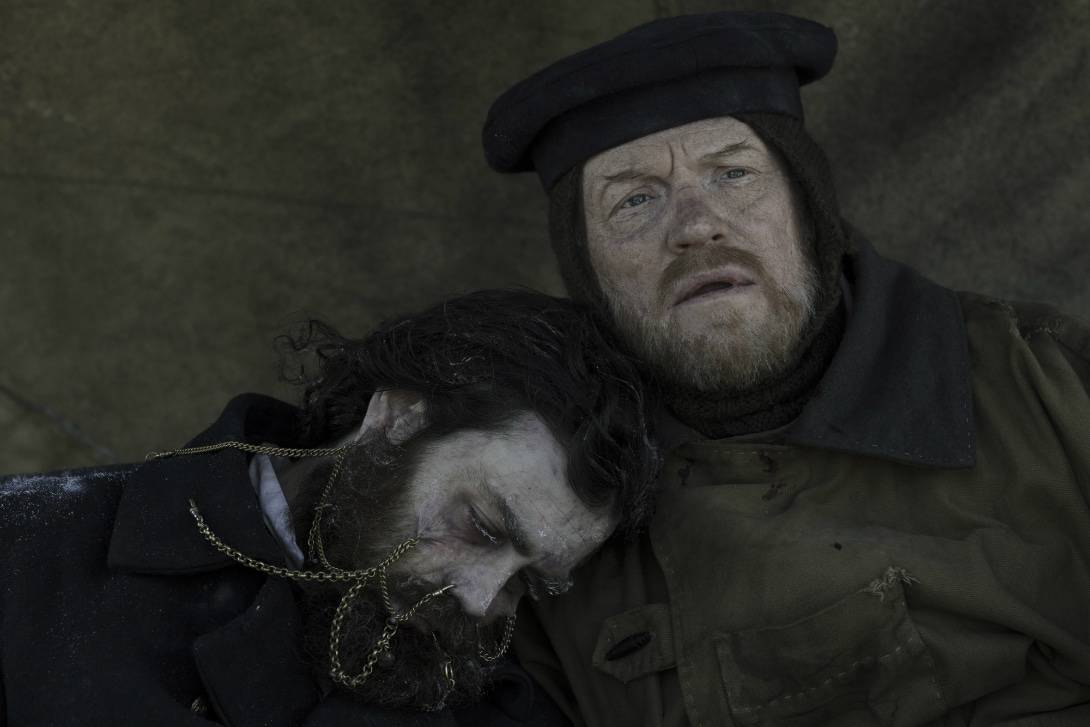
“Tell those who come after us not to stay. The ships are gone. There’s no way through. No passage. Tell them we are gone. Dead and gone.”
The Terror is the story of a British naval expedition gone from bad to worse, and it doesn’t get much worse than in its finale, “We Are Gone.” This episode has a lot of death and arresting images (nothing this season struck me quite like the discovery of Lt. Little, more dead than alive, with his face inexplicably pierced with chains) but there’s no death more devastating, in its execution and its implications than that of Dr. Goodsir, the show’s moral compass. Goodsir, who’s been kidnapped by deranged Cornelius Hickey and forced to carve up human bodies for consumption has, by his final meeting with Captain Crozier, given over to despair. His almost frenzied despondency, seen for the first time against Crozier’s resiliency, is heartbreaking, and his death, while noble and beautiful in the moment, leads only to fatalism and futility. In an attempt to take down his captors, who he knows will eat him, he poisons himself inside and out. But before the poison can take effect, the mutineers are eaten by the spirit Tuunbaq, which finally dies. Silna, the Tuunbaq’s protector and Goodsir’s friend/love interest, is banished by her people as a result. That is a hell of a blow. In The Terror, colonialism is bad, yes, and treachery is worse, but it turns out even a good man’s sacrifice can inadvertently doom the land he respects and the woman he cares about. It’s that brutal hopelessness, in an already hopeless show, that speaks the loudest to me.
Loud, Fast, and Keep Going – Barry

“Whatever you did tonight to get to that place, that’s your new process, okay? All you have to do is do that every time.”
Is it kosher to count the “previously on” recap as part of an episode? Maybe not. But the very end of the prior episode — with Barry’s mounting panic and the split second between the gunfire in the distance and the bullets hitting the SUV we’re sitting in — might the finest scene this show has to offer. As a complete episode, however, it’s the following that’s truly remarkable, and since it technically shows my favorite scene in its recap, I’m giving it bonus points. In “Loud, Fast, and Keep Going,” Barry’s two worlds come to a head on the same day. After a hit goes worse than he could have imagined, he’s forced to kill the only witness: his naive, innocent friend Chris, who has a wife and son. (If the gunfire scene isn’t the show’s best, Chris and Barry discussing going to the police is). And wouldn’t you know it? Shooting his pleading friend leaves Barry such a mess that he delivers the performance of a lifetime at his acting showcase and re-earns Sally’s respect and gratitude. Barry is so uniquely good because of its title character’s unflagging and inspiring drive to make his life better. But it’s the brutal irony — the thing that helps him finally achieve his dreams is the nightmare scenario of the life he’s trying to leave behind — that makes it really great.
Mac Finds His Pride – It’s Always Sunny in Philadelphia
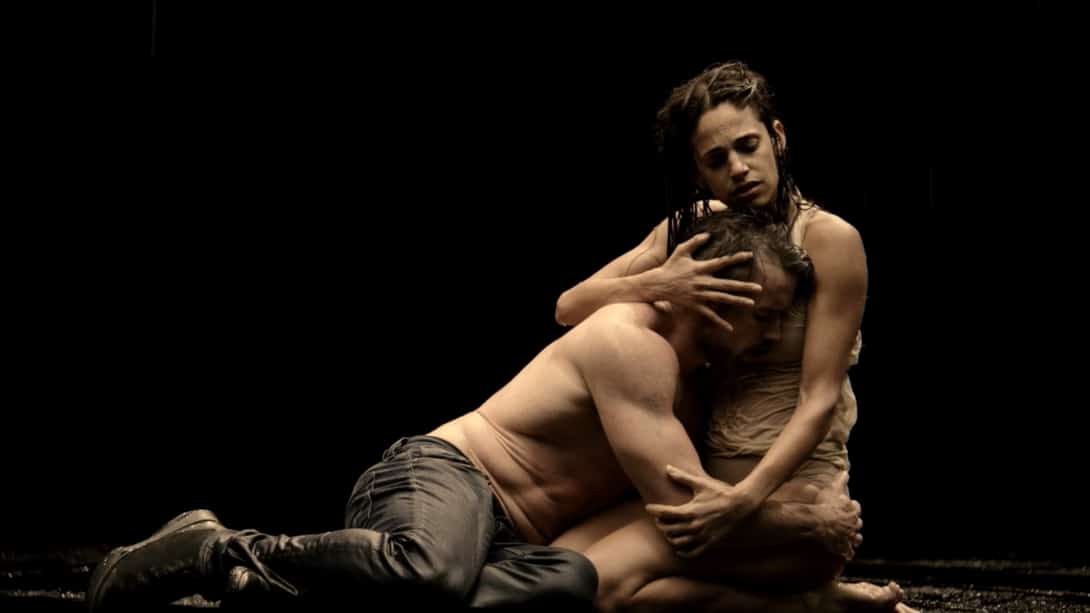
“Oh my God. I get it.”
Have you gotten tired of hearing me talk about this episode? I hope not. “Mac Finds His Pride” isn’t just the best episode of Always Sunny’s thirteenth season. It’s one of the best episodes of the show’s entire run. At a TCA preview earlier this year, Rob McElhenney joked that Mac’s serious exploration of his sexuality came from a place of necessity: “It’s Season 13 — we’ve got to do something.” And funny though that answer may be, there’s some truth to it. Always Sunny has more than proved that it can do comedy… it’s been so good at it for so long that it’s practically its own genre. And while it’s still good at it this season, the departure for something new after so long is dazzling, and the absolute freshness of the season finale is just as breathtaking as its execution. “Mac Finds His Pride” delivers in heart, artistry, beauty, and emotion, and it’s good both because it’s surprising and because it does it so damn well.
Winner – Better Call Saul
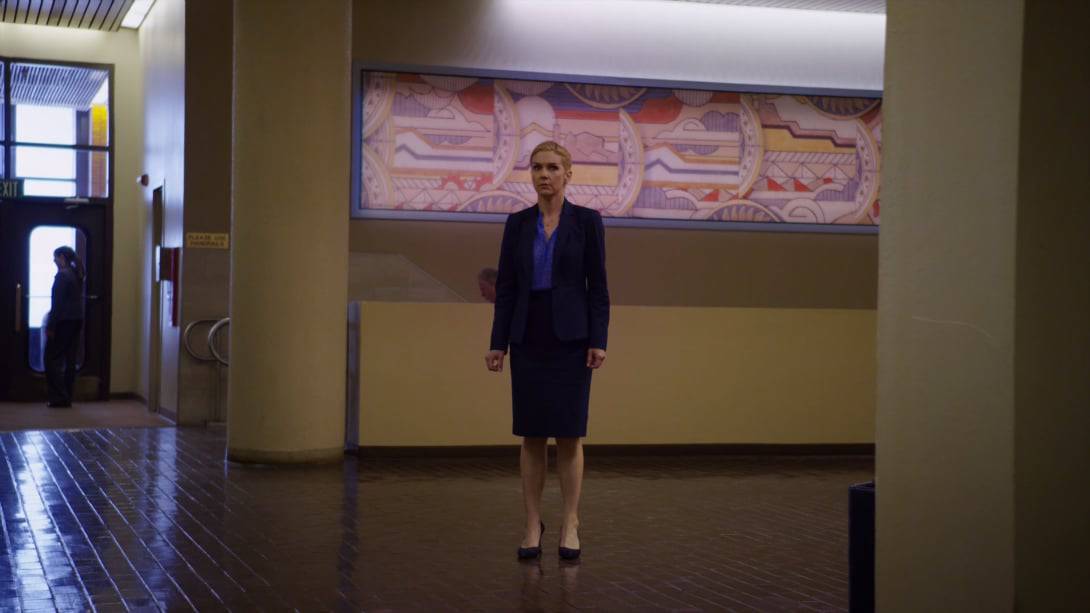
“S’all good, man!”
Better Call Saul is very good at cold opens (see the masterful split-screen montage at the beginning of Something Stupid). But none has hit me harder than this one, showing a simpler day when Jimmy became a lawyer and everyone, Chuck included, went out to celebrate. Even in death, Chuck’s presence has been looming this season, and seeing him in the flesh again is a shock. Abba’s song “The Winner Takes It All,” the episode’s namesake, offers an astounding picture of Jimmy and Chuck’s relationship, from Jimmy’s comedic underperformance coaxing Chuck into a good-natured struggle over a karaoke microphone, to the happy, tired, drunken reprise belted by the two as they lie side by side in bed. Chuck’s influence still looms in the present, providing the weight behind the final scenes — if there’s one thing Better Call Saul does better than cold opens, it’s finale endings, and this year is no exception. Tasked with seeming “more sincere” in order to get his law license back, Jimmy talks about the letter Chuck left him and, seemingly, finally expresses the grief he’s held in check all season. It’s not until the last seconds that it becomes clear his show of emotion was just another con, and his excitement to start practicing for the first time as Saul Goodman kicks the legs out from under his pledge, made moments ago, to live up to the name McGill. Kim’s shocked, isolated stare as she watches him voices all our concerns about how deeply Jimmy has buried his humanity, something we’ve always assumed was within reach.
Free Churro – BoJack Horseman
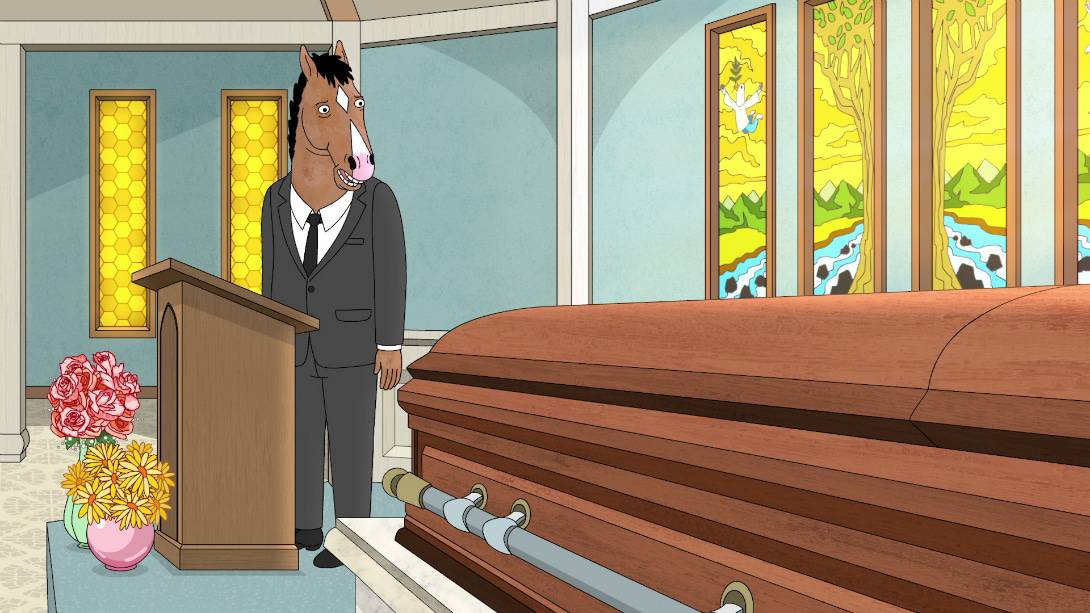
“I see you.”
Will Arnett isn’t on camera during “Free Churro,” but his monologue feels like such an incredible ordeal, you’ll think that he is. Or maybe more exactly, you feel like BoJack Horseman is on camera for the episode’s entire run. Because in a cartoon that trades heavily in visual, cartoony humor (I’ll never stop praising this show’s insistence on sticking with its silly animal gags in even the darkest times) “Free Churro” tethers itself firmly to reality, restricting itself to stationary and gradually zooming “shots” and creating the illusion, like never before, that this show has cameras. Even the single instance of camera movement — a beautiful, simple, revolving shot as BoJack remembers his mother dancing — has the look of a clever and satisfyingly executed practical effect. The previous two seasons of BoJack Horseman have had their own showstoppers (“Time’s Arrow” last year and “Fish Out of Water” the year before) and both used the show’s animated nature to their full advantage, pulling off visual acrobatics that would be nearly impossible with live action. But rather than explore a new far frontier of animation, “Free Churro” rockets in another direction altogether, giving us animation that makes us forget it’s animated, and that’s part of what makes it so special. The other part, of course, is that the 25-minute monologue (technically two monologues, both voiced by Will Arnett) is an absolute feat of writing — a performative expression of grief from a professional performer who doesn’t want or know how to grieve. It’s a stunning piece of work. But in BoJack Horseman, that almost goes without saying.
Come Along with Me – Adventure Time
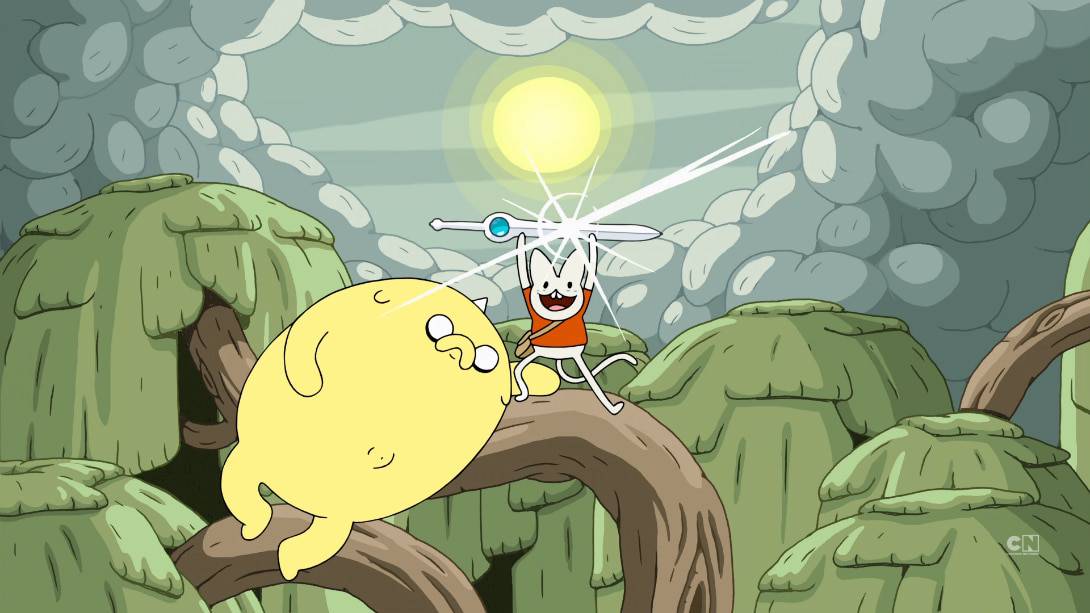
“You and I will always be back then.”
I’m slipping this one in post-publication. Shh! I didn’t get to the Adventure Time finale until after the New Year, but leaving it out felt so criminal that I had to do something about it. And if there ever were a show that allowed for a little time manipulation, this is it. After ten seasons of steadily mounting lore and intrigue in what began as a silly kids’ show, “Come Along with Me” is a flawless series finale. Clocking in at 45 minutes (episodes are usually only 11) the special impeccably interweaves satisfying resolution of the past, joyful celebration of the present, and minute glimpses into the ever-expanding future — a meditation on the nature of time perfectly encapsulated in a song by BMO that makes me cry without fail whenever I hear it. And I’ve been listening to it a lot lately. “Come Along with Me” imbues you with an exquisite sadness, a happy heightened awareness of the smallness and the vastness of life that you can only see through tears. It’s everything you could ever hope for in a series finale, and it unquestionably deserves this spot on the list.
Teddy Perkins – Atlanta: Robbin’ Season
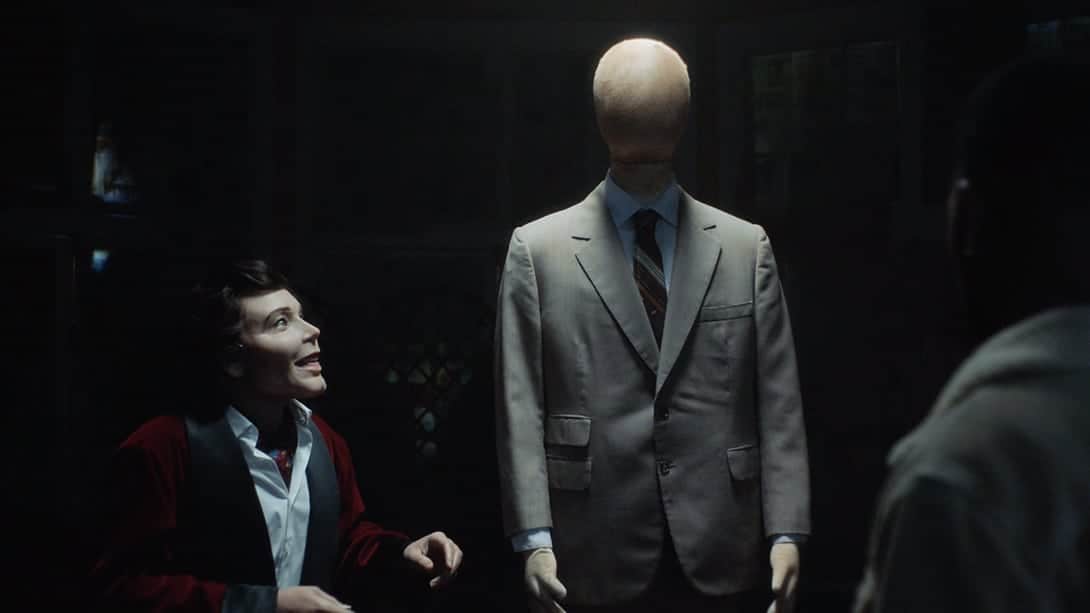
“My father used to say: ‘Great things come from great pain.'”
Of course, this is the best episode of the year. And Atlanta is the best show — anyone who says otherwise is lying, either to you or to themselves. I have a lot of other favorites, but even I’ll admit the facts. Virtually any episode this season, had it been featured in another show, would probably have earned a spot on this list. Every episode is a departure from the norm, an art piece in and of itself. But Teddy Perkins is a cut above. Even the opening scene, in which Darius upcycles a hat, is a visual gag that would stand out as singularly brilliant anywhere else. But since Teddy shows up in the next scene, it almost gets lost in the shuffle. It’s a stroke of genius to make Darius the straight man — usually up for anything and speaking in weird riddles and adages even he doesn’t always seem to understand, Darius is a fascinatingly strange character. Put him in a situation where he’s reasonable, subdued, and downright scared, and you know you’re somewhere dark indeed. Teddy Perkins is utterly bizarre, and while he has some surprisingly funny moments (that tape recorder is almost something out of a sketch comedy show) he is for the most part deeply sad and deeply terrifying. The whole episode — aired over time and without commercial breaks — is a 35-minute ordeal of anxious, squirming disbelief and fear, only exacerbated by the struggle to figure out if that really is Donald Glover under all that makeup. It’s a delicious horror show and a wholly unforgettable viewing experience that blows every other episode (both Atlanta and otherwise) out of the water.
Related Topics: 2018 Rewind, A Very English Scandal, Adventure Time, Atlanta, Barry, Better Call Saul, bojack horseman, Brooklyn Nine-Nine, Castle Rock, GLOW, it's always sunny in philadelphia, Sharp Objects, The Good Place, The Haunting of Hill House, The Terror, Westworld

